

Too many professionally produced podcasts, including such for profit ventures as CBS’ 60 Minutes podcast, don’t add art to their podcasts.
That’s sad.
Making sure your podcast episodes have art should be the final step before you upload your MP3 to your server.
You may think that because there is art on your iTunes page, or in your RSS feed, that means your podcast episodes automatically have art.
They may not!
To guarantee that your podcast episodes have art you must add it the individual MP3 file’s metadata.
There are other programs which allow you to edit your metadata, but there is probably already a program on your computer than can do it for you pretty easily: iTunes.
Here is the official iTunes description of the process:
To embed art within an individual episode’s metadata using iTunes, select the episode and choose Get Info from the File menu. Click the Artwork tab. Then click Add, navigate to and select the image file, and click Choose.
I found it to be a bit tricky so I’ve made a visualized step by step guide showing you how to do it.
To add art to your MP3 file follow this recipe:
1. Start iTunes.
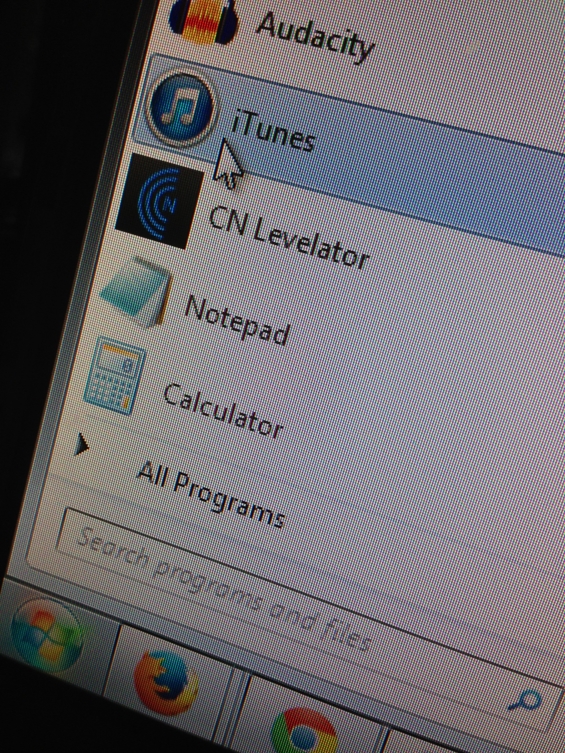
2. Go to File → New → Playlist (or CTRL + N) to make a new playlist.

3. Drag the MP3 file into the now open playlist and click “DONE”.

4. Next, navigate to “Music” (under LIBRARY).

5. You should see a Playlist with the name “Unknown Album” and inside it your MP3.

6. Right-click on the MP3 and select “Get info” – this will create a pop-up.

7. In the pop-up select the rightmost tab, it’s labeled “Artwork.”
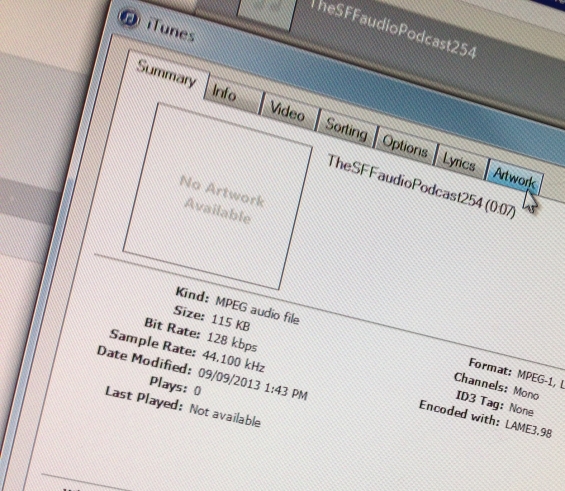
8. Now, select the artwork you’d like to add to the MP3 and drag it into the tab.
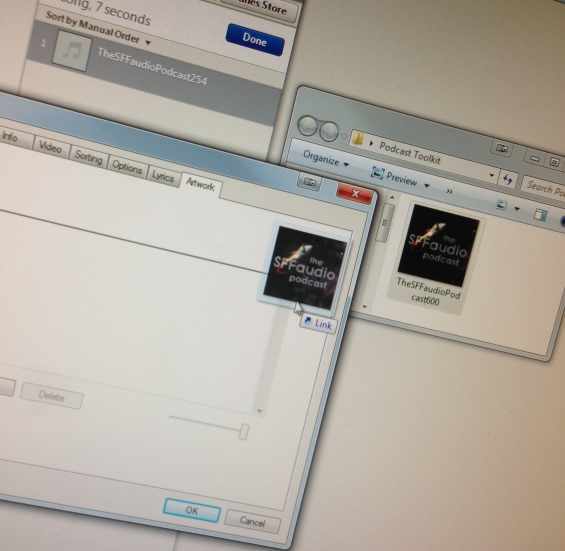
9. Hit “Ok.” Your art will now be linked to your MP3.

10. Repeat the process every time you make a new MP3 episode.
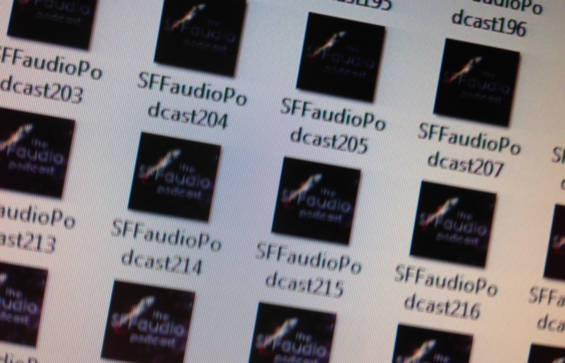
Posted by Jesse Willis

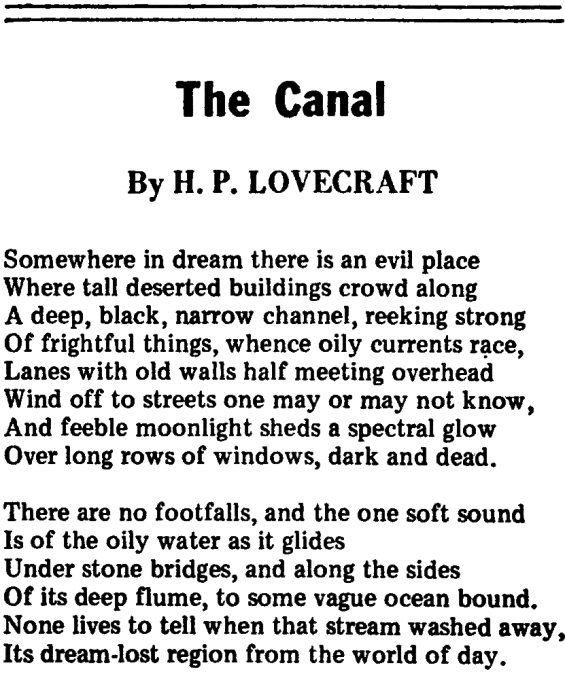
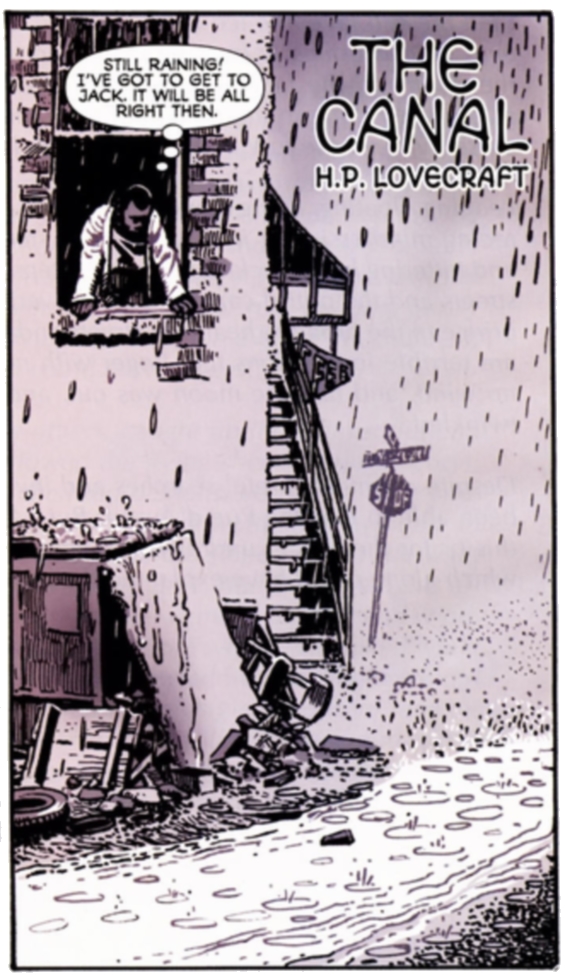
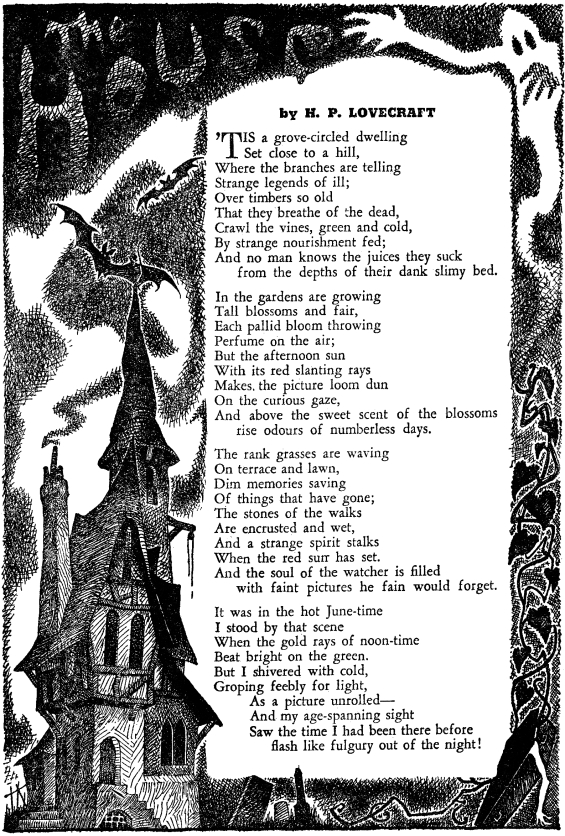
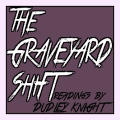 I’m not sure when this reading would have been broadcast, likely sometime between the mid-1970s and the mid-1980s, but what we do know is the narrator, Dudley Knight. Knight was a U.C. Irvine professor of drama, who voiced a long running radio series called The Graveyard Shift. This is from that series.
I’m not sure when this reading would have been broadcast, likely sometime between the mid-1970s and the mid-1980s, but what we do know is the narrator, Dudley Knight. Knight was a U.C. Irvine professor of drama, who voiced a long running radio series called The Graveyard Shift. This is from that series.